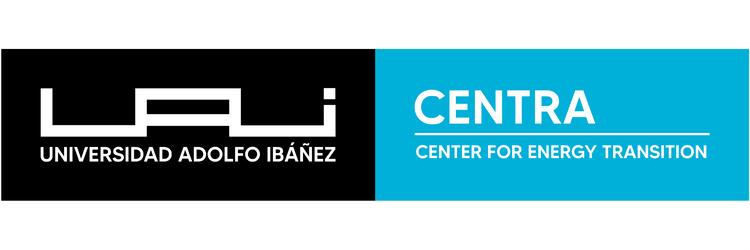Felipe Larraín
 Prototipos Tecnológicos
Prototipos Tecnológicos
Felipe A. Larraín is an Electrical Engineer from the Universidad de Chile and Ph.D. in Electrical Engineering from the Georgia Institute of Technology, Atlanta, United States.
During his doctorate, Felipe specialized in the application of nanotechnology to the development of flexible, deformable and environmentally sustainable electronic devices, based on the printing of organic inks. Specifically, he developed a new manufacturing method to simplify the manufacture of next-generation photovoltaic cells. On the other hand, he increased the performance and simplified the manufacture of transistors (‘organic field-effect transistors OFETs’) and organic light emitters (‘organic light emitting diodes OLEDs’).
His work, sponsored by the North American government (ie, Department of Energy, Office of Naval Research, etc.) and the private sector (eg, DOMTAR, Inc.) has been published in prestigious international journals such as Nature Materials or Energy & Environmental Science. Felipe also has a patent issued by the United States Patent and Trademark Office (USPTO).
Currently, his research is focused on the development of prototypes for power generation (eg, semi-transparent solar cells), sustainable computing (eg, the internet of things), and climate change prevention (eg., CO2 capture from the air). On the other hand, Felipe teaches the courses of ‘Solar Cells’ and ‘Energy Conversion and Storage’ in the undergraduate program of Engineering in Energy, and the course ‘Renewable Energy Generation Technologies’ of the Master in Renewable Energies (MERE).
Since August 2020, Felipe has been an assistant professor at the Faculty of Engineering and Sciences of the Universidad Adolfo Ibáñez.


